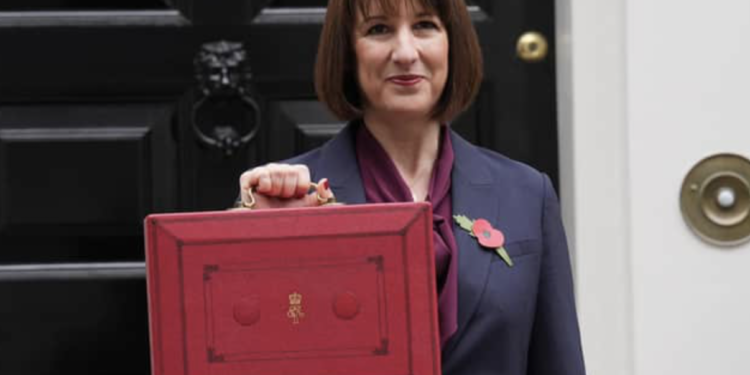The pensions industry has welcomed today’s government spending review, which commits additional funds to infrastructure and house-building projects – alongside more money for defence and the NHS.
However concerns have also been raised as to whether these commitments increase the chances of tax-rises in the Autumn Budget.
The Pensions and Lifetime Savings Association said that the spending commitments outlined by Chancellor Rachel Reeves support the government’s growth agenda, which will see increased DC investment into private equity and infrastructure in the UK economy.
PLSA director of policy and advocacy Zoe Alexander says: “It is positive the Government is taking forward crucial investment in the economy – in infrastructure, in housing, in defence, in energy and in health – and increasing the investment capability of the British Business Bank.
“Pension funds have recently committed to invest more in productive assets in the UK.
“In return, the PLSA has asked the Government to play an increased role in creating a pipeline of investment opportunities for pension funds to support UK growth. Today’s spending review represents a statement of intent that is welcomed by the pension fund trustees who, on behalf of millions of UK savers, will weigh up the opportunities this additional public investment presents.”
Despite this being a ‘statement of intent’ from the Chancellor, many industry experts have expressed concerns about how these spending pledges will be funded.
Schroders senior economist George Brown says: “While today’s Spending Review is long overdue, it contains little new information of note for investors, given the ‘envelope’ was set out in October’s Budget.
“Instead, a more important development has been the raft of measures announced since the local elections, confirmed in today’s statement. This is likely to lead to a wider loosening of the public purse strings which, when set against the macroeconomic backdrop, is likely to wipe out the Chancellor’s £10bn of fiscal headroom.”
He adds: ”However, the Chancellor reiterated again today that her fiscal rules were ‘non-negotiable’. And so, tax rises appear increasingly inevitable to fund the additional spending pledges. But even this will be tricky to achieve given the manifesto pledges not to increase many of the biggest revenue raisers.”
DeVere Group CEO Nigel Green went further saying tax rises were now almost inevitable in the next Budget. He says: “Reeves is spending money she hasn’t got — and the tax reckoning will come this autumn.
“There’s simply no other path. The UK is already heavily taxed, growth is flat, borrowing costs are high, and the global appetite for gilts is thinning. The Autumn Budget is where the axe will fall.”
The company warns that the likely outcome will be deeper raids on wealth, and a further erosion of incentives for those who create jobs, invest capital, and drive innovation in the UK economy.
Quilter investment strategist Lindsay James adds: “The pressure to increase spending has continued, and today’s spending review will have done little to quell fears that further tax rises are still to come.
“While the Chancellor laid out her plans to spend, it’s not clear where any cuts will come from. For example, a 3 per cent real terms commitment to the NHS implies real terms cuts will be needed elsewhere, yet there was simply no mention of this.”





